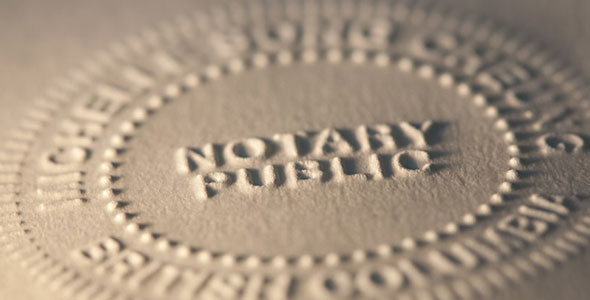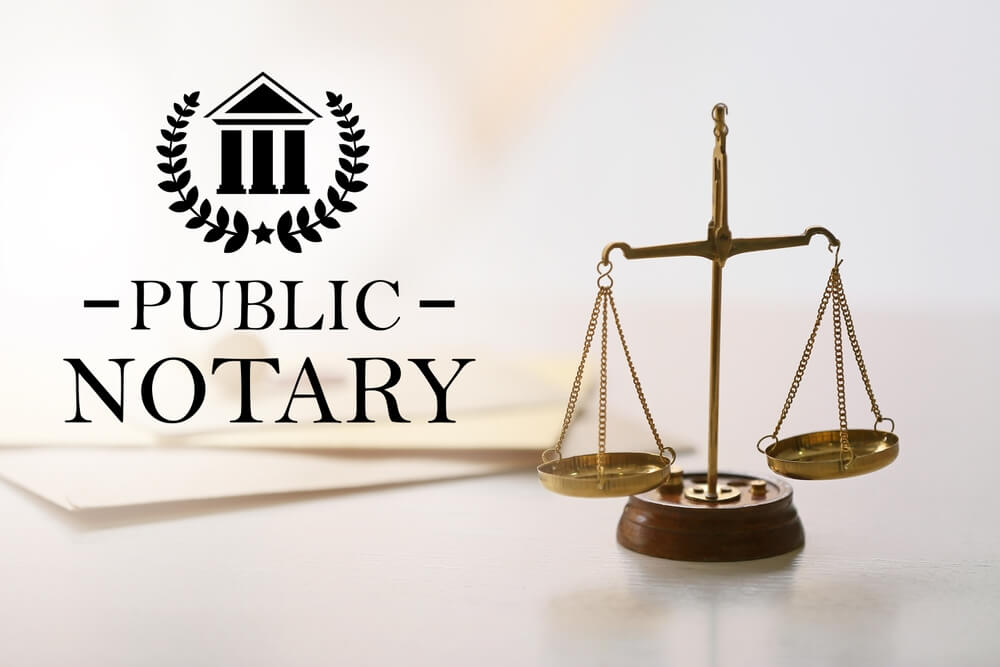Taking Care Of Deceased Estate Issues: Advice Via Legal Process
Taking Care Of Deceased Estate Issues: Advice Via Legal Process
Blog Article
Debunking Notarial Work: Simplifying the Duty and Relevance of Notaries
In the intricate web of legal paperwork and verification, notaries stand as columns of guarantee and credibility. Their function, commonly shrouded in mystery for many, carries considerable weight in guaranteeing the validity and integrity of vital documents. As guardians of legality and reality, notaries play a crucial part in our society, yet their work is not constantly totally understood. By unwinding the intricacies surrounding notarial practices and dropping light on the importance of their acts, a clearer understanding arises of the vital duty notaries play in maintaining the fabric of lawful and contractual contracts.
The History of Notarial Job
How did notarial job evolve over time to end up being an integral component of legal and business transactions? The history of notarial job dates back to old human beings, where scribes played a vital function in tape-recording vital info and confirming documents. As cultures proceeded, the need for a more formalized system to guarantee the credibility of contracts emerged. This brought about the development of notaries, people appointed by the state to serve as unbiased witnesses in lawful issues.
During the Center Ages, notaries obtained importance in Europe, with their features broadening to include drafting legal files, accrediting trademarks, and maintaining records. The surge of international trade better emphasized the value of notarial job in validating agreements and agreements throughout boundaries.
In the modern-day era, notaries proceed to play an essential duty in legal and company transactions by validating identities, verifying the authenticity of files, and protecting against fraudulence. Their duty in accrediting the validity of arrangements includes a layer of protection and depend the ever-evolving landscape of commerce and legislation.

Responsibilities and Duties of Notaries
Notaries play a crucial duty in verifying the credibility of documents and the identification of signatories. One of their primary duties is to witness the signing of important documents, such as acts, wills, and agreements, to make sure that all parties are getting in right into contracts knowingly and willingly.
In addition, notaries are charged with carrying out oaths and affirmations, which are crucial in legal procedures and the execution of affidavits. They certify duplicates of initial documents, providing guarantee to organizations that the duplicates hold true replicas of the originals. Notaries should maintain exact records of all transactions they look after to guarantee transparency and accountability. In general, the obligations and obligations of notaries are essential in safeguarding the stability and legitimacy of different documents and purchases.
Notarial Certificates and Signatures
Exemplifying careful focus to detail, notarial certifications and signatures function as vital elements in validating the authenticity of legal documents. Notarial certifications usually include critical information such as the date of notarization, the names of the signatories, a summary of the record, and the notary's main seal. These certifications supply a clear record of the notarial act, making sure that the record can be easily determined and traced back to the notary who oversaw the process.
Trademarks play a pivotal role in notarial job, as they symbolize the arrangement and permission of the events involved. Notaries thoroughly witness the signing of files to validate the identity of the signatories and confirm that they are authorizing of their own free choice. By fastening their official seal and trademark to the document, notaries license that the required treatments have actually been followed and that the paper is legitimate and enforceable.
Essentially, notarial certifications and signatures are the hallmark of credibility in legal transactions, offering guarantee to all events entailed that the records are legitimate and binding.
Significance of Notarial Acts

Notarization Process Described
Clarifying the registration procedure gives clarity on the essential actions check this associated with verifying legal records. The registration procedure normally begins with the individual providing the file to a notary public. The notary browse around these guys then validates the endorser's identity via acceptable identification techniques. When the identification is validated, the notary guarantees that the specific authorizing the record does so voluntarily and with no coercion.

Conclusion

Notarial certificates commonly consist of important info such as the day of registration, the names of the notaries, a summary of the paper, and the notary's main seal. These certifications provide a clear record of the notarial act, making sure that the paper can be easily identified and mapped back to the notary that looked after the procedure.
By attaching their official seal and trademark to the record, notaries certify that the essential procedures have been followed and that the paper is valid and enforceable.
By validating the identity of the signatures, verifying their desire to get in right into the arrangement, and accrediting the day and place of the finalizing, notaries play an essential duty in supporting the credibility of lawful documents.After the document is authorized, the notary will certainly fasten their main seal or stamp onto read this post here the paper.
Report this page